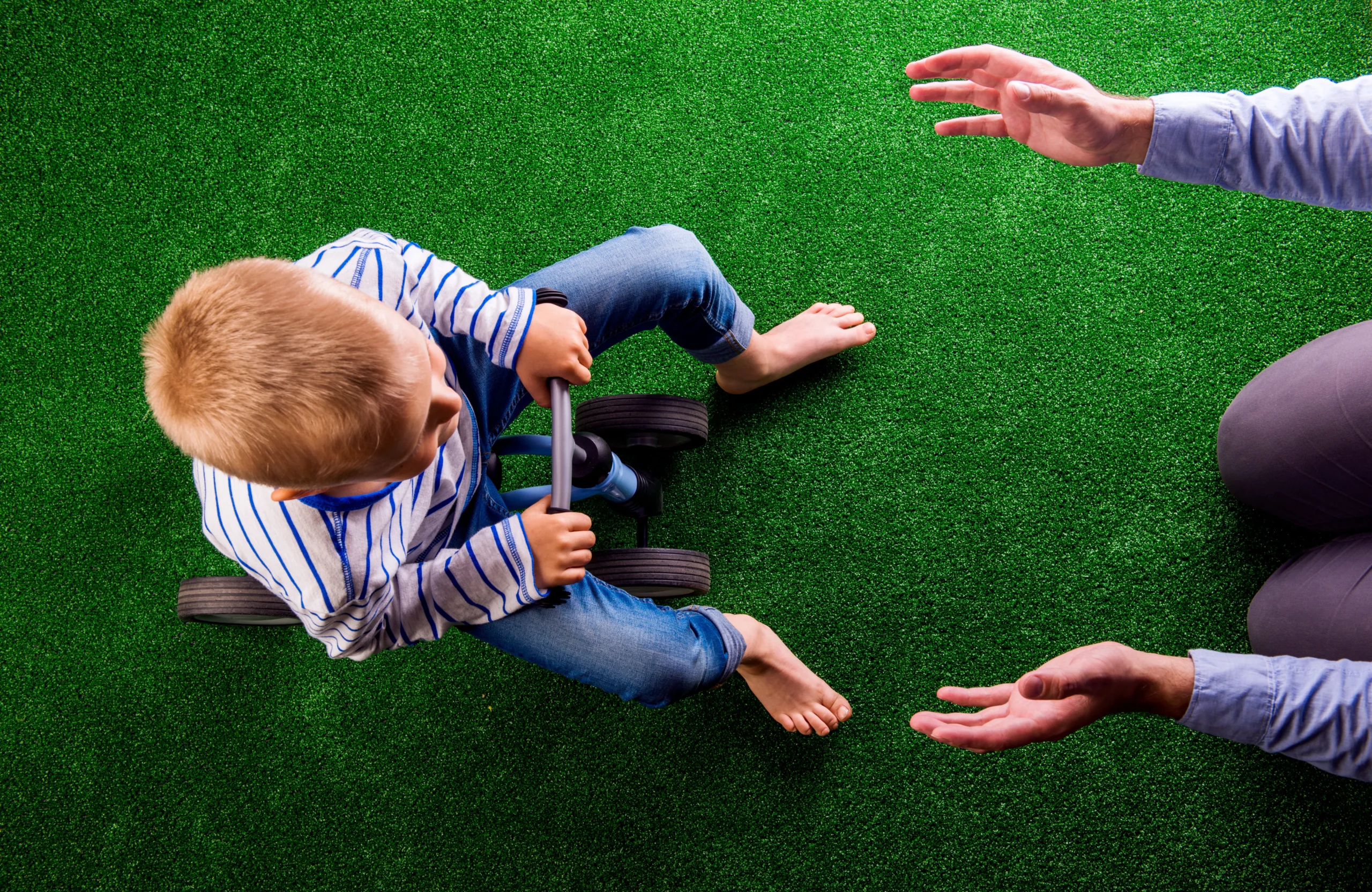The mental health of children is an increasingly pressing issue. Paediatricians and mental health professionals are raising alarms as children face unprecedented challenges, including the lingering effects of the pandemic and growing societal pressures. As parents, it’s crucial to be vigilant in recognizing early signs of distress, as these can pave the way for early intervention and support. Let’s explore the initial signs of mental health struggles in children and how we, as parents, can guide them through these challenges with compassion and mindful parenting.
Recognizing the Signs of Distress
Children often express mental distress differently than adults, so it’s essential to understand their behaviors and emotions from a developmental perspective. Here are some initial signs that may indicate your child is struggling:
- Changes in Mood: If your usually cheerful child becomes withdrawn, irritable, or unusually anxious, this could be a red flag. Frequent mood swings or unexplained sadness are often indicators of underlying stress or anxiety.
- Regression in Behavior: Younger children may regress to behaviors they previously outgrew, like bedwetting, clinginess, or thumb-sucking. Older children may show a loss of interest in activities they once enjoyed or begin acting out in ways that seem out of character.
- Physical Symptoms: Children may complain of headaches, stomachaches, or other physical ailments that don’t have a clear medical cause. These can be manifestations of stress or anxiety.
- Sleep Issues: Difficulty falling asleep, staying asleep, or frequent nightmares can all be signs of mental distress. Regular sleep disruptions may signal that something is troubling your child emotionally.
- Changes in Academic Performance: A sudden drop in grades or lack of interest in schoolwork can indicate that a child is struggling to focus due to mental health concerns.
What to Do When You Notice Signs of Distress
If you observe any of these behaviors, it’s essential to approach the situation with patience and empathy. Conscious parenting encourages us to be fully present with our children, acknowledging their emotions without judgment.

- Have a Family Meeting: A family meeting can provide a safe, comforting space to discuss emotions openly. Frame it as a chance for everyone to check in with each other. Let your child know that they can share what’s on their mind without fear of punishment or judgment. You might say, “I’ve noticed that you seem a bit down lately. We’re here to listen whenever you feel ready to talk.”
- Encourage Open Communication: Create an environment where your child feels comfortable expressing their emotions. Gentle, non-intrusive questions like “How was your day?” or “Is there anything you’d like to talk about?” can be helpful. This approach fosters parent-child bonding and builds trust.
- Provide Access to Professional Help: If your child continues to show signs of distress, consider consulting a child development specialist or counselor. Professionals trained in child psychology can provide strategies to help children cope with their emotions and navigate difficult experiences.
- Promote Mindfulness and Relaxation: Integrating mindfulness practices like deep breathing, journaling, or gentle movement exercises can significantly impact children’s ability to manage their emotions. This not only helps them cope but also nurtures emotional resilience—a key component of family well-being.
- Maintain a Routine: Routines offer children a sense of security and predictability, which can be especially comforting during stressful times. Simple routines like daily storytime, consistent meal times, or engaging in activities for toddlers and older kids can create a supportive structure for your child.
Finding Supportive Resources
It’s also helpful to seek out resources that align with your child’s needs. From child development classes online to community-based programs, there are numerous avenues for gaining insight into your child’s mental health journey. Access to best parenting resources can empower you as a parent to support your child effectively and understand their unique needs.
Fostering Mental Health through Community
No parent should have to navigate these challenges alone. Following parenting-focused communities on social media, such as our Instagram and YouTube channels, can provide valuable tips, expert interviews, and support from other parents who may be facing similar situations. Sharing stories, resources, and insights can create a sense of community that strengthens our parenting journey.
Final Thoughts: Your Role in Supporting Your Child’s Mental Health
Supporting your child’s mental health is an ongoing journey that requires compassion, patience, and a commitment to understanding. Remember, noticing signs of distress is not a reflection of failure but an opportunity to strengthen your bond and guide them through life’s challenges.If you’re ever unsure, remember that reaching out for help is a powerful step toward supporting your child. Together, through mindful parenting and open communication, we can create a safe, nurturing environment where children feel seen, heard, and loved. Let’s walk this path with courage, knowing that each moment of connection helps build resilience and a brighter, healthier future for our children.






